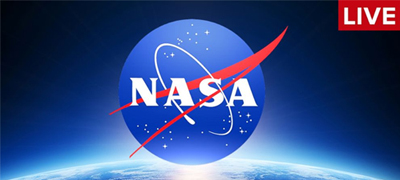*The hazardous materials hot line is staffed by the Right-to-Know Unit and is the reporting point to the LSP for a chemical spill or emergency. Any transporter, manufacturer, storage facility, or anyone involving the handling of any Regionulated hazardous material must contact the LSP immediately to report any spillage or threat to public safety.
National Response Center (NRC) at 1-800-424-8802
24-hour emergency line staffed by US Coast Guard for oil spills on water.
An emergency spill situation is defined as any condition that could reasonably be expected to endanger the health and safety of the public or cause significant adverse impact to the environment.
For non-emergency spills:
Call Louisiana Department of Environmental Quality (DEQ) 24 hour Hotline 1-225-342-1234
Or, SPOC office line 1-225-219-3640 (within 24 hours of the spill, follow up with a written report in 7 days)
_DEQ-CustomerServiceCenter@la.gov
Louisiana's oil spill rules generally follow the federal standards.
Any unauthorized spills of one barrel (42 gallons) of oil or more is considered the reportable amount. These and spills of unknown amount must be reported to DEQ within 24 hours, or in the case of an emergency event, see above, call State Police immediately.
All reportable spills (emergency or not) must be followed up within 7 days with a written report. Consult with LA DEQ for guidance on detailing your spill incident, check the national requirements for reporting oil spills, and LA release notification requirements. Seek out information on Spill Prevention Planning.
“oil” includes but is not limited to: gasoline, crude oil, fuel oil, diesel oil, lubricating oil, sludge, oil refuse, oil mixed with wastes, and any other petroleum related product.
“chemical” spills include all toxic substances, note “Any transporter, manufacturer, storage facility, or anyone involving the handling of any Regionulated hazardous material must contact the LSP immediately to report any spillage or threat to public safety.” Refer to LA Department of Health Environmental Epidemiology and Toxicology page for more information on reporting (https://ldh.la.gov/page/834)
Note that all spills must be cleaned up, whether or not they are reportable.
The OEC Surveillance Division protects the citizens of the state by conducting inspections of permitted and non-permitted facilities, by responding to environmental incidents such as unauthorized releases, spills and citizen complaints, natural disasters, and other emergency situations, by providing compliance assistance to the Regionulated community when appropriate, by assessing and monitoring air and water quality for compliance with standards, and by promoting case information management for vigorous and timely resolution of issues of non-compliance.
WTLA gathers spill records data from emergency and non-emergency spill incident reports as received by LA DEQ. Where inspector’s field notes are available, these details are included.




